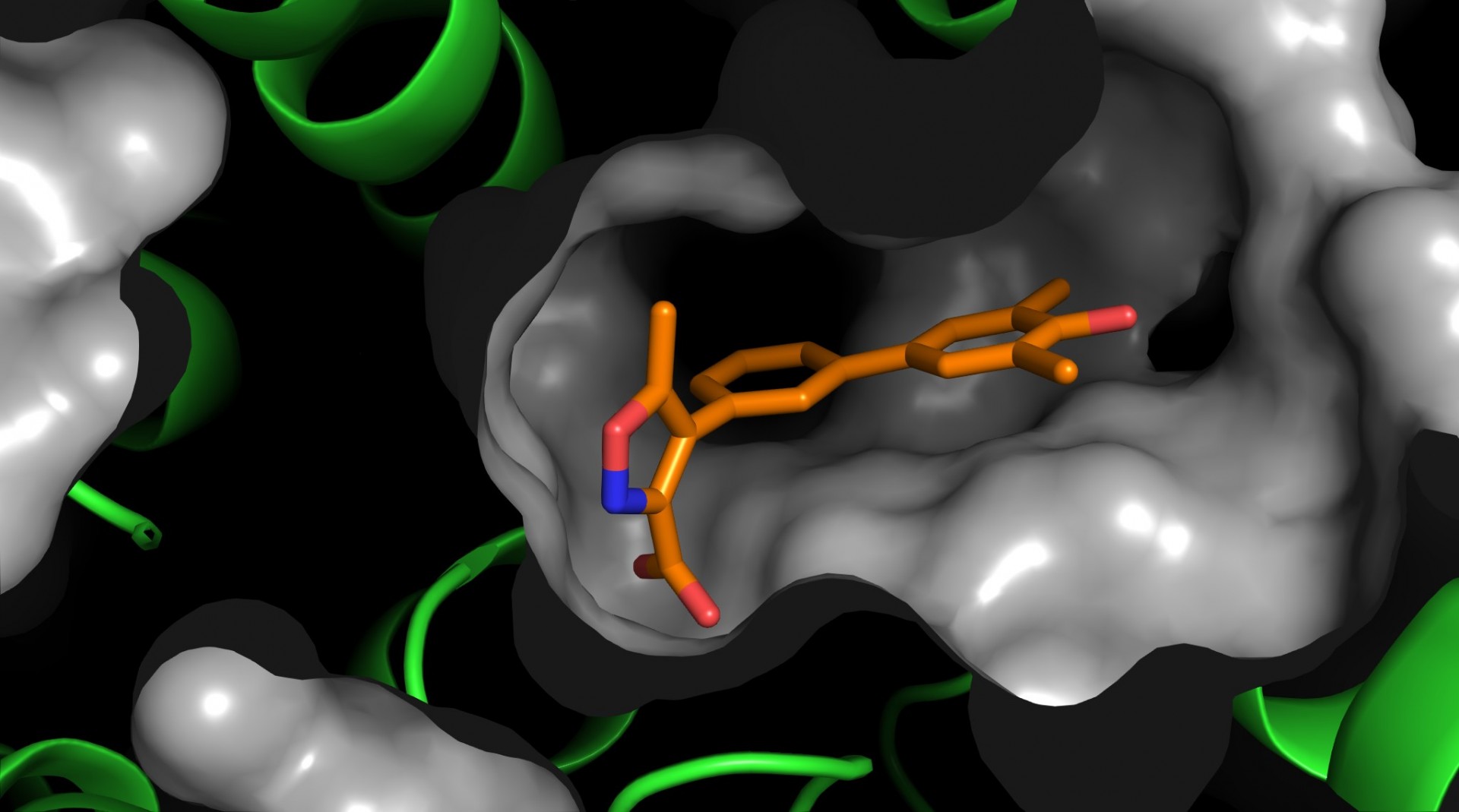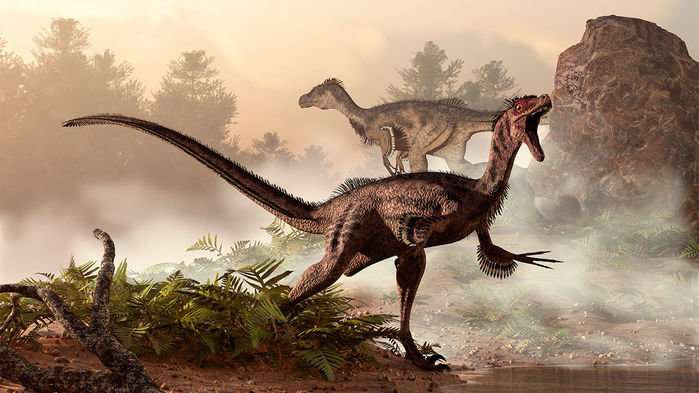The 2018 review of the year
We do say this every December but this year really was a momentous one for The University of Manchester. We’ve solved mysteries both ancient and modern, developed technologies which will change our future and shed light on some of the biggest challenges facing our world today. Our students and staff have gone that extra mile to make a difference and we’ve even had time to welcome a few VIP guests. So to round off 2018 in style we present our review of the year.
January: Jack the Ripper mystery solved
To start the year our researchers solved a mystery which had endured since the 19th century. We also worked on a prehistoric murder mystery which was shown on TV by Sir David Attenborough. We looked to the future with a national event for advanced materials. And in a theme set to continue through 2018 we rose in the rankings – up to 16th in the annual Stonewall Employers Index and to top spot as a destination for graduate employers.
February: Making a difference
Our University is about making a difference. Whether that’s developing technology to reduce hospital infections, or revealing the mental health crisis in schools, February was a prime example. And it was all summed up in a new poem released by our Chancellor Lemn Sissay. February was also a huge month for student Naomi Ogbeta, who was crowned Britain’s indoor triple jump champion.
March: Legal eagles, doggy doctors and chimp tutors
In March, our amazing undergraduate legal eagles helped win a case for redundant workers, while genuine animals helped de-stress our medics and teach us about walking. We surprised a graduate at her 101st birthday party and got into the Easter sprit by X-raying chocs and working out the carbon footprint of some of our seasonal treats. The biggest news of the month though was a global story as we revealed the true levels of plastic pollution in our region’s rivers.
April: Disgruntled diners
We’re not as happy as we used to be with our restaurants, or the people we eat with, researchers revealed in April. However our students very much stepped up to the plate – winning an award for donating unwanted items to the British Heart Foundation. Our palaeontologists were busy too – discovering one of the largest ever animals and a pregnant ichthyosaur. As we revealed plans for a new world-class cancer centre, we also mapped tumours with technology designed for examining Mars.
May: One giant leap for spider kind
Our video of a spider trained to jump by University scientists is well worth a watch – with more than 100,000 views so far. More than 2,000 staff, students and alumni took part in the Manchester 10k as part of a Purple Wave which raised tens of thousands of pounds for charity. The big numbers kept coming in May as millions of pounds were awarded for new spaces at the Manchester Museum and Jodrell Bank. We ended the month with our Cockcroft Rutherford lecture delivered by alumnus and inspirational war zone surgeon David Nott OBE.
June: Diamonds and the soles of our shoes
In June our Baby turned 70 and we looked back at how it changed the face of modern computing. We carried out our biggest ever Science Share for schools and found a drug treatment which has a profound effect on cerebral malaria. Our researchers unveiled a new graphene product – sports shoes with more durable soles. And for good measure we observed diamond dust shimmering around distant stars.
July: A buzz (and a croak) around campus
Just in time for our busy graduation ceremonies we unveiled our new bee sculpture as part of ‘Bee in the City – a city-wide public art trail. One of our researchers discovered a new species of frog and named it after his three-year-old granddaughter. We launched an international search for a North Campus Development partner and a Thai Princess visited Jodrell Bank where we also held the Bluedot Festival.
August: Climbing rankings and historic listings
We got our highest ever place in the Academic Ranking of World Universities and our Rutherford Lab was recognised as one of Historic England’s top ten places for progress. Our commitment to progress continues as we teamed up with Chester Zoo to save endangered species, revealed the benefit of investment in energy efficiency and shed light on the mental health issues affecting the carers of the terminally ill.
September: Park life!
A sunny September day saw us open Manchester’s newest park, right here on campus. We also revealed that sun caused chaos in Serbia in the 1990s and, back to a colder time, how the Ice Age helped the first Americans migrate. Our medical researchers revealed a new TB drug but warned of the danger of burnout in doctors. Back on campus we topped out our new Manchester Engineering Campus Development and joined a £6 million cybersecurity scheme for Manchester businesses.
October: Foundation, innovation and isolation
As we celebrated our Foundation Day, we were also getting plaudits as we flew up a league table of innovative universities. Speaking of flying, we found out why birds don’t fall over and how bird-like lungs helped dinosaurs rule the roost. We worked with the BBC on a ground-breaking piece of research into loneliness and announced plans for a UK-first mental health service for students. Our researchers meanwhile made global headlines with dementia research and we revealed that poverty is at the root of a widening north-south gap in young adult deaths.
November: Revealing the enigma inside the Enigma
Using X-rays, University scientists looked inside a German Enigma machine worked on by Alan Turing and his team of code-breakers to reveal some stunning images. We also turned on a supercomputer with a million processors. Cancer researchers developed a new nano tool that could pave the way for better testing and we showed that people are willing to change their consumption habits to help the environment. We also announced plans to move our employment centre to bigger premises. The Works has helped more than 4,000 local people into work since 2011.
December: A Royal visit, the origins of a saint and global success for students
The story of graphene took a major step forward as His Royal Highness the Duke of York officially opened the Masdar Building, home to the Graphene Engineering Innovation Centre. We also showed that the famous St Bernard dog more normally associated with Alpine rescue – was actually a Greater Manchester invention. And over in Dublin, our students continued Manchester’s fine tradition by winning multiple prizes at the global Undergraduate Awards.
That was just a small sample of 2018’s biggest news, so follow us on Twitter @UoMNews for the full picture of what is sure to be another great 12 months of discovery and amazing stories.
You can also read a top ten countdown of our most read stories from 2018.
See you in 2019!










